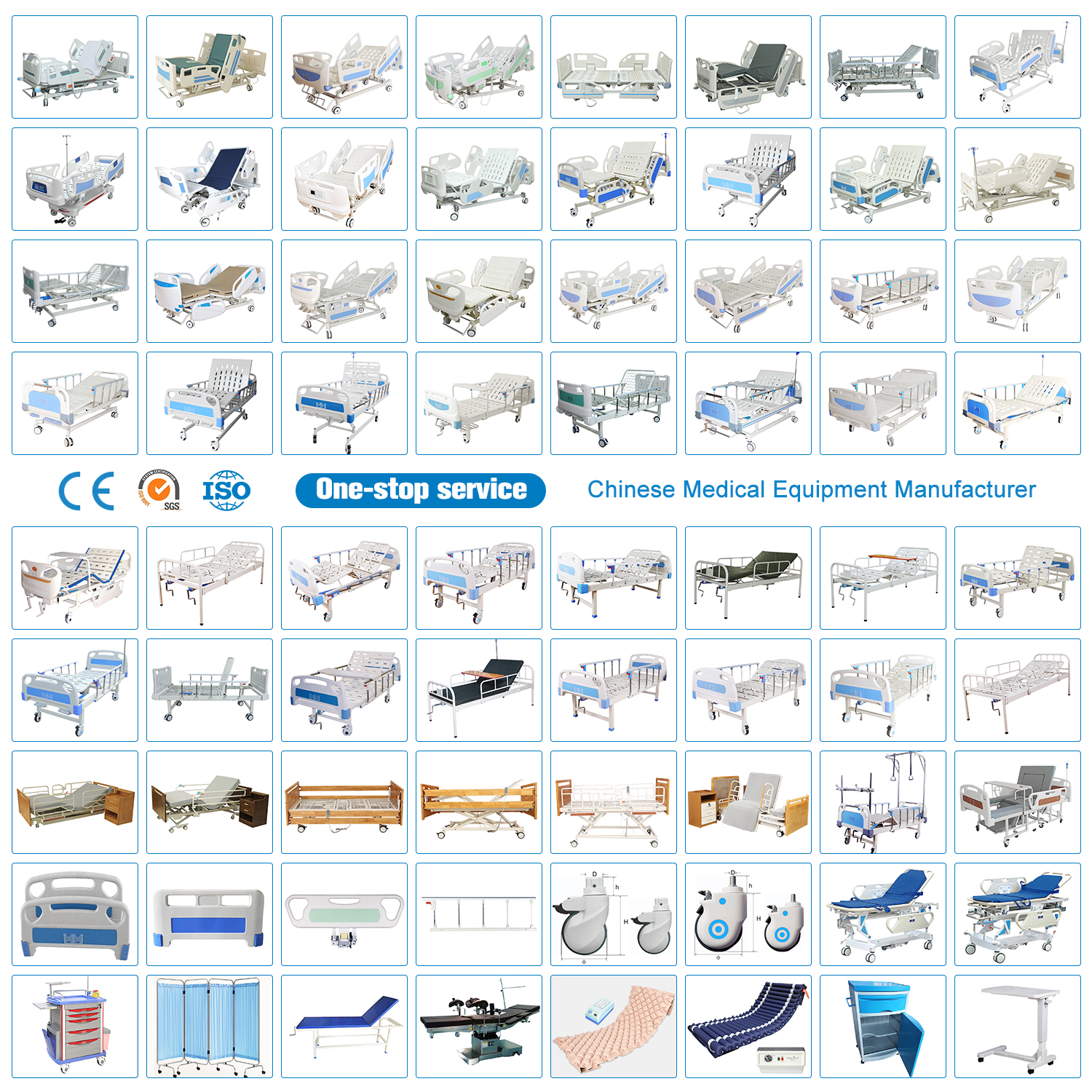Medical bed care is an important task in medical institutions, which is directly related to the patient’s health and treatment effects. Here are some suggestions for medical bed care:
1. Keep the bed unit tidy: Change bed sheets, pillowcases, quilt covers, etc. regularly to keep the bed unit clean and dry to reduce the growth of bacteria.
2. Assist the patient to turn over: Assist the patient to turn over regularly to prevent the occurrence of pressure ulcers. Patients who are bedridden should be turned every 2 hours.
3. Pay attention to skin care: keep the patient’s skin clean and dry, and wipe the patient’s body regularly, especially the back, buttocks and other areas prone to pressure.
4. Assist patients to defecate and defecate: assist patients to defecate and defecate in a timely manner, keep defecation and defecation unobstructed, and avoid constipation and urinary retention.
5. Pay attention to dietary care: Provide appropriate diet according to the patient’s condition and dietary needs to ensure the patient’s nutritional balance.
6. Pay attention to psychological care: pay attention to the psychological needs of patients, provide psychological support and comfort, help patients build confidence, and actively cooperate with treatment.
7. Pay attention to safety care: Regularly check the safety performance of the medical bed, such as guardrails, brakes, etc., to ensure patient safety.
Medical bed care is a meticulous job that requires medical staff to be serious and responsible, patiently and meticulously provide patients with high-quality care services, and help patients recover as soon as possible.
Hospital patient care is a very important job. The following are some basic principles and methods of caring for hospital patients:
1. Understand the patient’s needs: Nursing staff should communicate with patients and their families to understand the patient’s condition, needs and expectations in order to provide the most appropriate care services.
2. Provide a safe and comfortable environment: Nursing staff should ensure that the patient’s environment is clean, tidy, quiet, and comfortable, and provide necessary equipment and supplies, such as beds, pillows, quilts, sheets, water cups, towels, etc.
3. Monitor the patient’s vital signs: Nursing staff should regularly monitor the patient’s vital signs, such as body temperature, pulse, respiration, blood pressure, etc., and record and report abnormalities in a timely manner.
4. Assist patients in daily activities: Nursing staff should assist patients in daily activities, such as eating, drinking, defecation, bathing, dressing, etc., and provide necessary help and support.
5. Provide psychological support: Nursing staff should pay attention to the patient’s mental health, provide necessary psychological support and comfort, and help patients relieve anxiety, fear, uneasiness and other emotions.
6. Implement the doctor’s orders: Nursing staff should provide patients with medication, dietary guidance, rehabilitation training and other services in accordance with the doctor’s orders, and report changes in the patient’s condition to the doctor in a timely manner.
7. Infection prevention: Nursing staff should comply with the hospital’s infection control regulations and regularly clean and disinfect wards and equipment to avoid cross-infection.
8. Provide health education: Nursing staff should provide health education to patients and their families to help them understand disease prevention and treatment methods and improve their awareness of self-care.
In short, hospital patient care requires nursing staff to have professional knowledge and skills. At the same time, they must pay attention to the needs and feelings of patients, provide comprehensive, meticulous, and humanized nursing services to help patients recover as soon as possible.
Post time: Nov-20-2023


